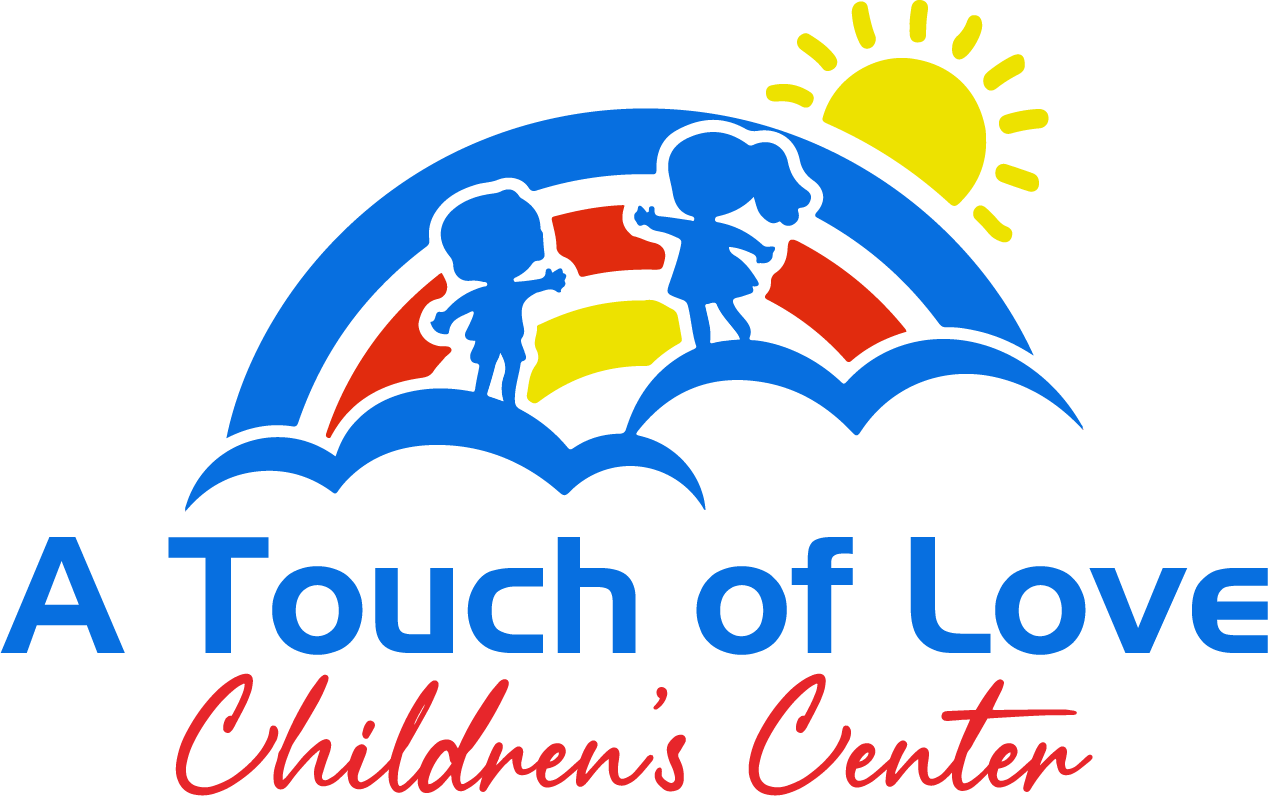
In fact, one study found that after the first year of treatment, 77% of participants no longer met the diagnostic criteria of BPD. If you have specific problems, are in uncommon situations or need a tailored mindfulness program, then you will need the help of a mindfulness coach. If your problems are common, like stress or anxiety, you can start with online videos of mindfulness exercises to see if they help. The DBT mindfulness exercises found in this page are sufficient enough to help reduce stress and help with anxiety. Mindfulness is about taking control back and focusing on what is happening now – without judgment.
What Are the 4 Stages of DBT?
Therapists use dialectics to help people accept the parts of themselves they do not like. They also use dialectics to provide motivation and https://ecosoberhouse.com/ encouragement to address the change of those parts. Synthesizing polar opposites can reduce tension and help keep therapy moving forward.
How Does Dialectical Behavioral Therapy Work?

DBT draws mindfulness techniques from Zen Buddhism to use here-and-now presence of mind. This may help people in therapy objectively and calmly assess situations. Mindfulness training allows people to take stock of their current experience, evaluate the facts, and focus on one thing at a time. The biosocial theory attempts to explain how issues related to borderline personality develop. The theory posits that some people are born with a predisposition toward emotional vulnerability. Environments that lack solid structure and stability can intensify a person’s negative emotional responses.

Create a file for external citation management software
Borderline personality disorder is a condition that affects how you see yourself and how you relate to others. You may have intense bursts of anger and aggression, moods that shift rapidly, and an extreme fear of being rejected or abandoned by others. This can lead to deep issues with your self-image, the goals you have at work or school, and your relationships. This stage focuses on setting goals in your personal or professional life, building stronger relationships, and improving your self-esteem.
- In the 1980s, psychologist Dr. Marsha Linehan noticed that CBT was not working well with patients who experienced suicidal behaviors, self-harm tendencies, or had borderline personality disorder.
- Try not to get discouraged by how long it may take to be able to better manage your emotions and have a better quality of life.
How long does it take to complete DBT?
This stage involves stabilizing people and helping them gain control of their behaviors. Therapy in stage 1 involves crisis intervention and keeping people safe from suicide, self-harm, or addiction issues. Usually, DBT lasts at least 6 months, and sometimes, up to a year. If you have been diagnosed with borderline personality disorder, your treatment may last longer than that.
How Does DBT Help?
DBT may be combined with the use of medication, counseling, and support group meetings, and used as part of a comprehensive addiction treatment program. In some instances, a person may need to attend a detox program before entering an alcohol addiction treatment program to reach a stable physical level first. One mindset taught during mindfulness is “wise dialectical behavioral therapy mind,” which encourages dialectical thinking in crisis and normalcy. It also helps you to attend to your emotions and reason to make wise and balanced decisions. Through mindfulness, those living with BPD can learn to make more intentional, conscious decisions and decrease impulsivity and other unhelpful or potentially harmful behaviors over time.
DBT: Dialectical Behavior Therapy
Emotion regulation skills help you label your emotions without judging them. You learn how different emotions shape your behavior and what obstacles prevent you from managing your emotions. In CBT, you identify important-to-you goals and overcome obstacles that prevent you from achieving these goals. Dialectical behavior therapy is based on cognitive behavior therapy (CBT). CBT has a long track record of success, with hundreds of studies confirming its effectiveness. To that end, at both Adult and Adolescent Services, Yale offers high quality DBT treatment across levels of care, allowing patients and their families to be matched to treatments that best fit their needs.
Plus, get a FREE copy of the Best Diets for Cognitive Fitness.
In these sessions, your therapist will teach you skills in a group setting. This isn’t to be confused with group therapy, in which you discuss your problems with others. Think of it more like a teaching and learning session in a classroom setting. Individual DBT therapy involves weekly sessions with your therapist.
- One important benefit of DBT is the development of mindfulness skills.
- DBT often involves telephone crisis coaching to support you in your daily life.
- To address these limitations, we initiated a program focused on increasing access to mental health services in the community.
Dialectical Behavior Therapy (DBT): Definition, Techniques, and Benefits

